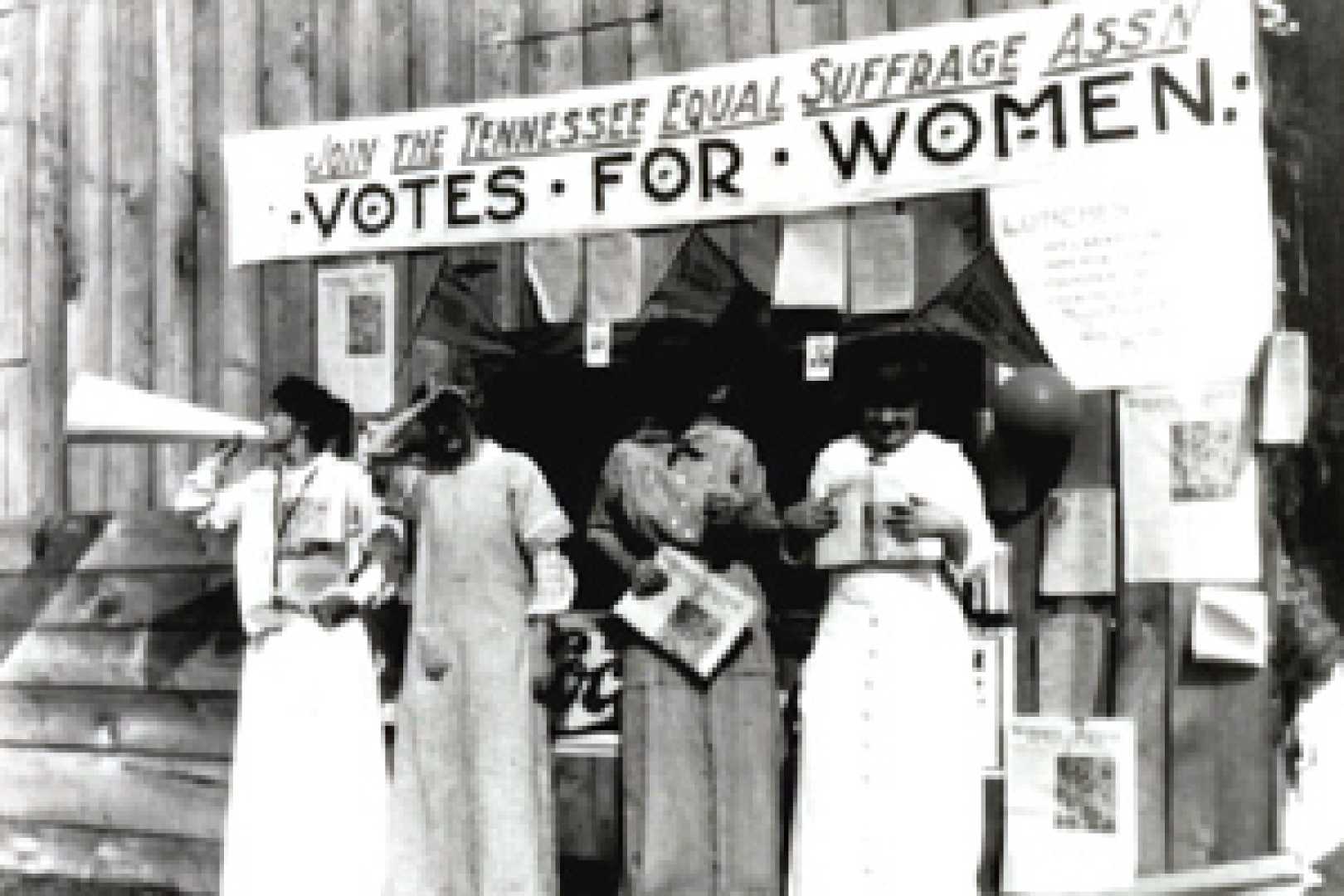Politics
Debate Over Women’s Voting Rights Resurfaces in Nashville

Nashville, Tennessee — One hundred five years ago, Nashville was at the center of a heated debate over women’s suffrage. In August 1920, Tennessee became the final state needed to ratify the 19th Amendment, giving women the right to vote nationwide. This month, the city finds itself once again embroiled in discussions around women’s voting rights following recent controversial comments from a church leader.
The 19th Amendment’s passage came down to Rep. Harry Burn, a 24-year-old from McMinn County. Although he initially opposed women’s suffrage, a letter from his mother urging him to ‘be a good boy’ influenced his decision, leading him to change his vote. “I changed my vote because I believe suffrage is right,” Burn stated on the House floor.
Fast forward to August 2023, the issue of women’s voting rights regained momentum after a church leader expressed support for repealing the 19th Amendment. This statement came from the Communion of Reformed Evangelical Churches (CREC), a growing conservative Christian denomination that espouses a patriarchal view of society. Founded in Idaho, CREC now has approximately 150 churches, including several in Tennessee.
Defense Secretary Pete Hegseth attends a CREC church in Goodlettsville and has been linked to this recent controversy. Earlier this month, he shared a video clip on social media that supported household voting—a practice where a household votes as a unit rather than as individuals. He later deleted the post, though concerns about CREC’s influence in Washington persist.
Prominent church members have openly discussed household voting as part of a broader return to traditional family structures. Brooks Potteiger, a pastor from Pilgrim Hill Reformed Fellowship in Nashville, expressed that the idea of household voting is not radical but a return to historical norms. “When the founders founded America, it was household voting,” he said, echoing sentiments that mirror the church’s broader beliefs.
Laura Potteiger, Brooks’ wife, who left her legal career to raise their seven children, emphasized her view that women’s roles should be focused on home life and nurturing. She stated she does not see a conflict between her faith and her right to vote, illustrating the complex views within the denomination.
In contrast, voices from the broader Christian community have denounced CREC’s perspectives. Retired Lutheran Pastor Matt Steinhauer criticized the church’s stance on women’s rights, viewing it as an interpretation that undermines equality. “They really are just terribly misinformed about scripture, and prioritizing the marginalization of women,” Steinhauer noted.
As debates continue, organizations like the League of Women Voters remain staunch in their advocacy for equal voting rights. “Democracy functions best when all people have the opportunity to participate,” said LWV Tennessee President Debby Gould.
The movement surrounding CREC highlights a shift in certain conservative circles towards more restrictive views on women’s rights and voting. However, there are no imminent threats to the 19th Amendment, as many involved reinforce the importance of women’s rights in the context of American democracy.
While the debate over these issues unfolds, the voices from both sides of the discussion continue to shape Nashville’s role in the broader national conversation on women’s rights.












